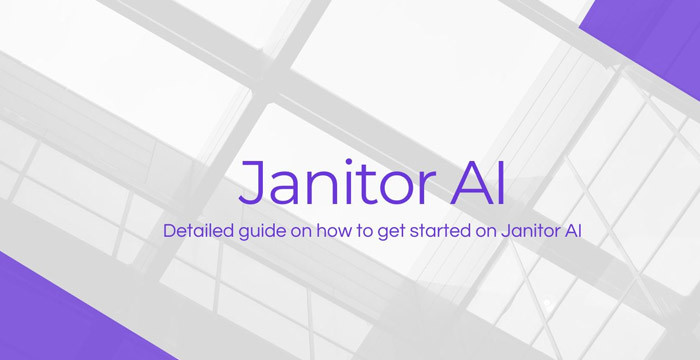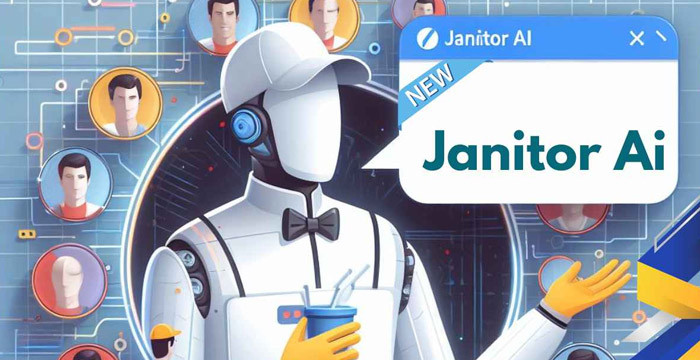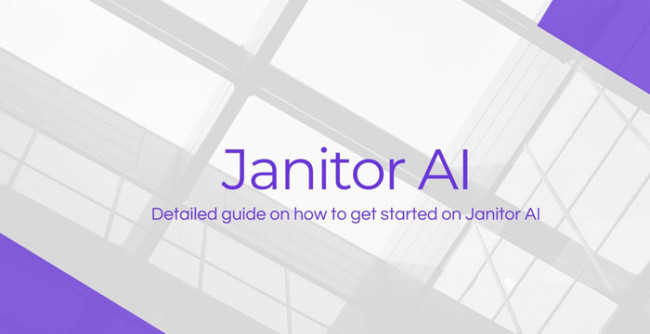Table of Content
Janitor AI is a platform that enables users to create, customize, and interact with AI-powered characters through chatbots. Launched in June 2023 by Jan Zoltkowski, it quickly gained popularity, particularly among creative communities. This article explores what Janitor AI offers, how it functions, its strengths and limitations, and how it fits into the broader landscape of AI chatbots.

What Is Janitor AI?
Janitor AI is a browser-based chatbot platform that stands out for its focus on user-generated content and character customization. Unlike many chatbots designed for customer service or task automation, Janitor AI is tailored for storytelling, roleplay, and creative expression.
How Does Janitor AI Work?
- Character Creation and Selection:
Users can either create their characters or choose from a library of community-generated ones. These characters can have unique personalities, backgrounds, and dialogue styles. - AI Model Integration:
Janitor AI itself does not host the AI models. Instead, users must connect to an external large language model (LLM) such as OpenAI’s GPT-3.5/4, KoboldAI, or OpenRouter, using an API key. - Conversation and Customization:
Once set up, users can chat with their chosen character. The platform allows for adjustments in how the AI responds, including settings for creativity (temperature) and memory prompts to maintain context in conversations.
Key Features
- User-Generated Content: The platform’s strength lies in its community, which continuously adds new characters and scenarios.
- Flexible AI Backends: Users can select different AI models, offering a range of performance, cost, and privacy options.
- Customizable Interactions: Adjustments can be made to character behavior, conversation style, and content filters (e.g., enabling or disabling NSFW content).
- No Installation Required: Janitor AI is accessible via web browser, making it easy to use on various devices.

Use Cases
- Creative Writing and Roleplay: Writers and enthusiasts use Janitor AI to develop characters, practice dialogue, and explore new story ideas.
- Education: Teachers and students can simulate historical figures or practice language skills in interactive scenarios.
- Game Development: Developers prototype non-player characters (NPCs) and test dialogue systems.
- Business Applications: Some businesses use Janitor AI to create branded chatbots for customer engagement or training.
Privacy and Safety Considerations
- Data Handling: Janitor AI does not store chat logs, but the third-party AI providers (e.g., OpenAI) may process data according to their own policies. Using local models like KoboldAI can enhance privacy.
- Content Moderation: The platform allows for a wide range of content, including NSFW material, which can be toggled on or off. Users are responsible for adhering to community guidelines.
- User Responsibility: It is advised to avoid sharing sensitive personal information and to supervise minors using the platform.
Potential Challenges and Limitations

- Dependence on External AI Models: Users must provide their own API keys for AI services, which may involve costs or technical setup.
- Downtime and Reliability: The platform can experience outages due to high traffic, maintenance, or API issues.
- Content Quality Variability: The quality of interactions depends on the chosen AI model and how characters are configured by users.
Alternatives to Janitor AI
For those seeking different features or experiences, several alternatives exist:
- Character.AI: Focuses on community-driven character interactions.
- Replika: Emphasizes personal companionship and mental wellness.
- NovelAI: Geared toward creative writing and storytelling.
- Voiceflow: Offers no-code chatbot building for business applications.
Conclusion
Janitor AI is a platform that empowers users to create and interact with AI characters for a variety of purposes. Its community-driven approach and flexible integration with multiple AI models make it a notable option in the chatbot landscape. However, users should be aware of its reliance on external services, privacy considerations, and the variability in content quality. As with any online platform, responsible use and awareness of its limitations are essential.









